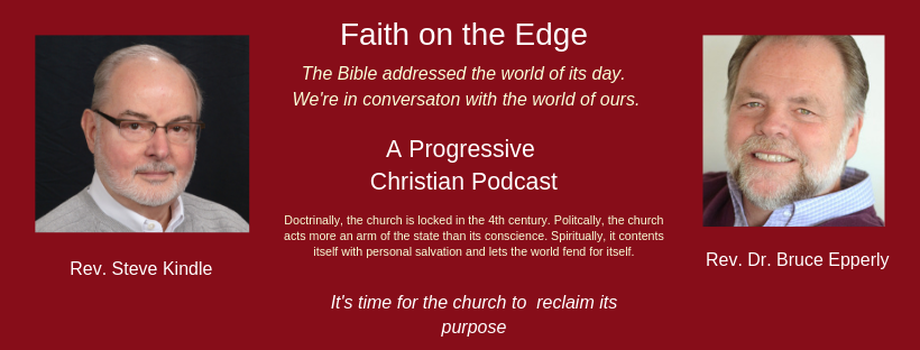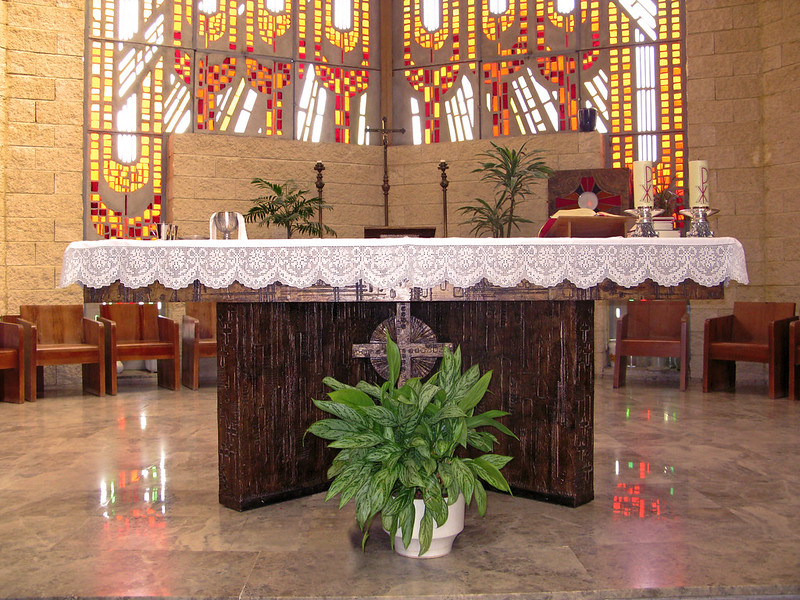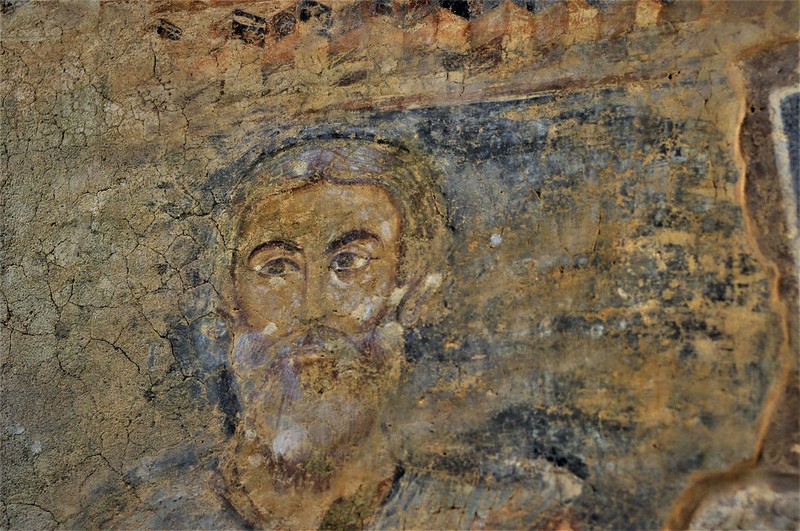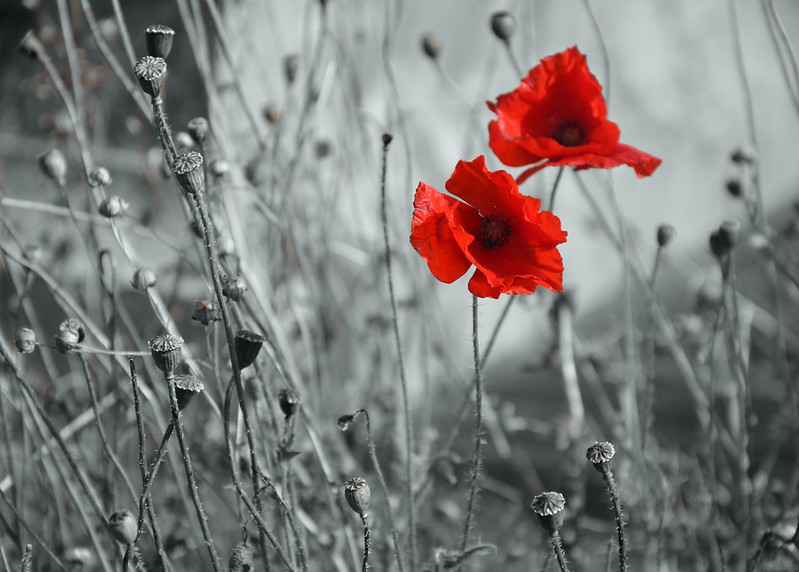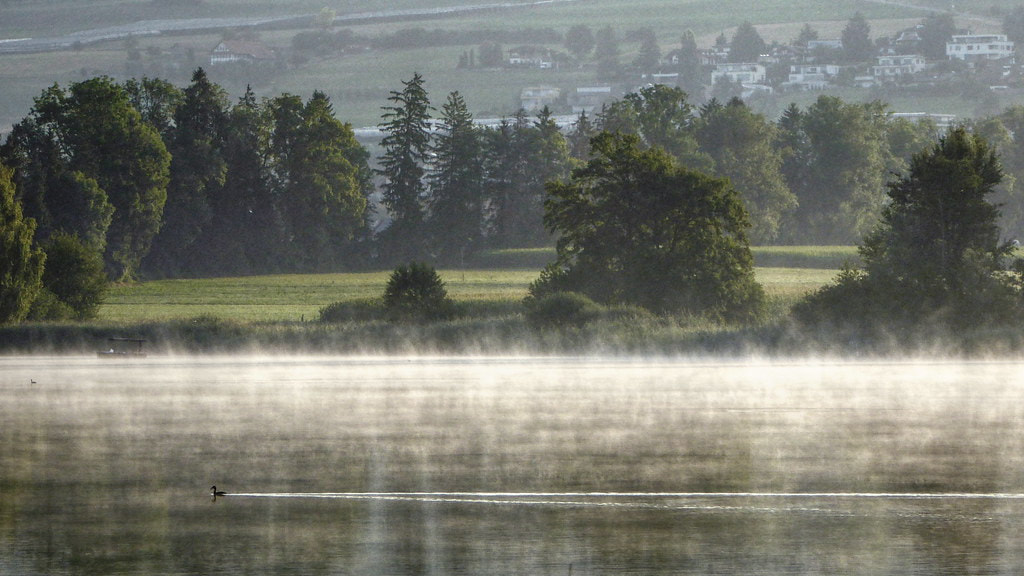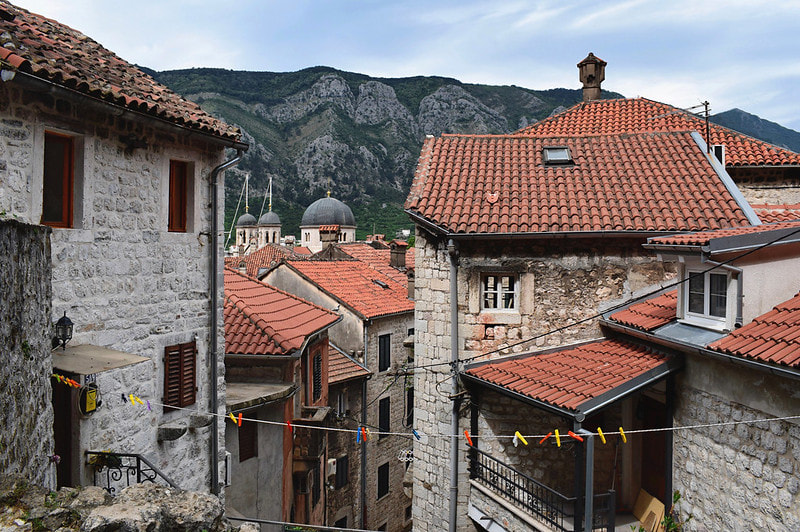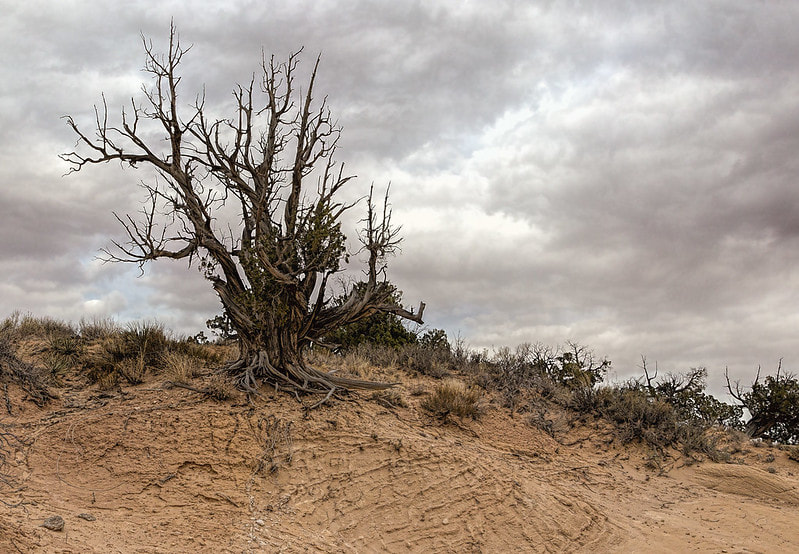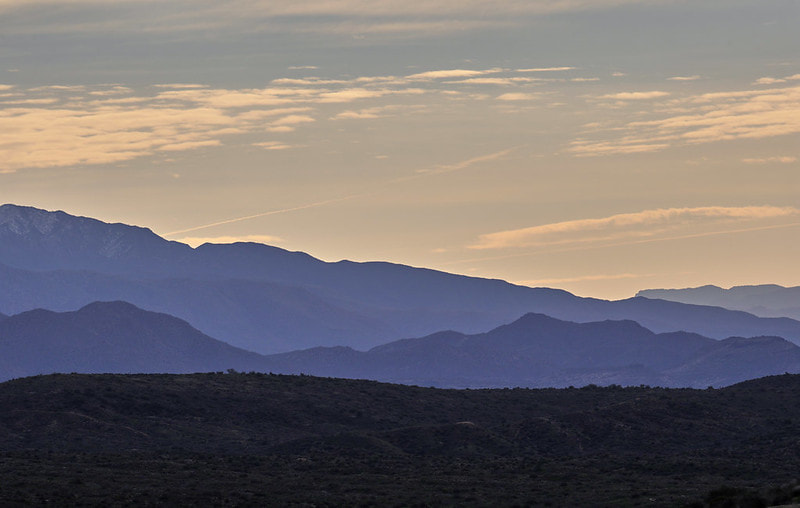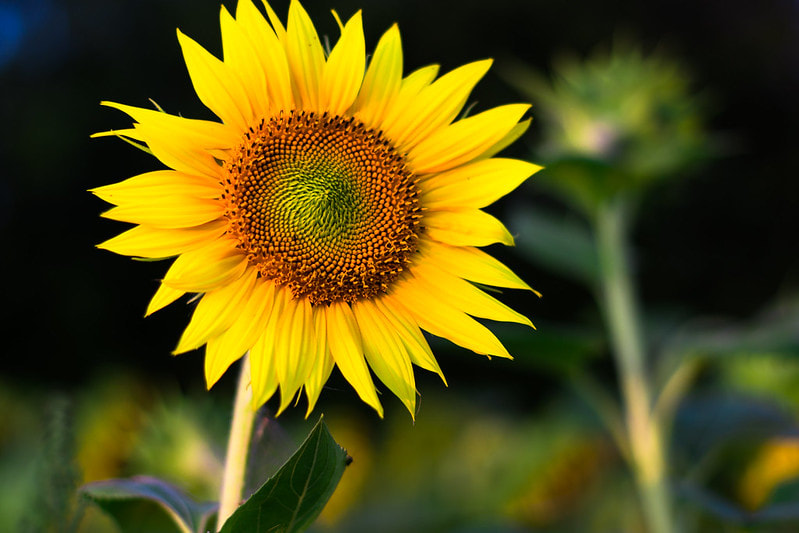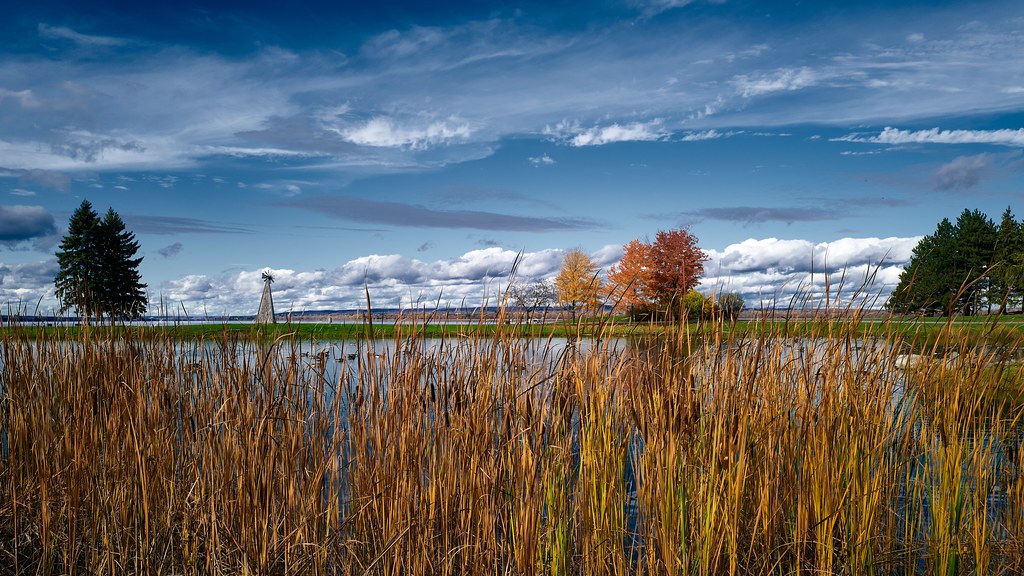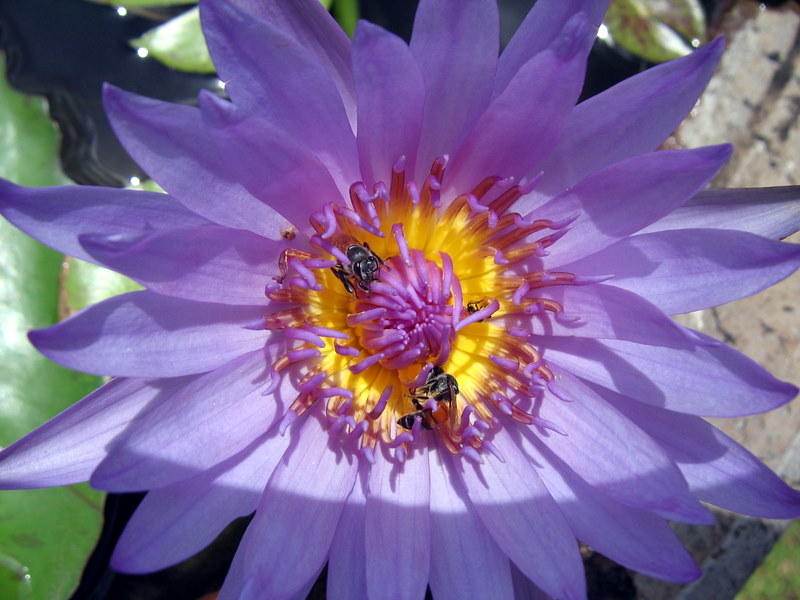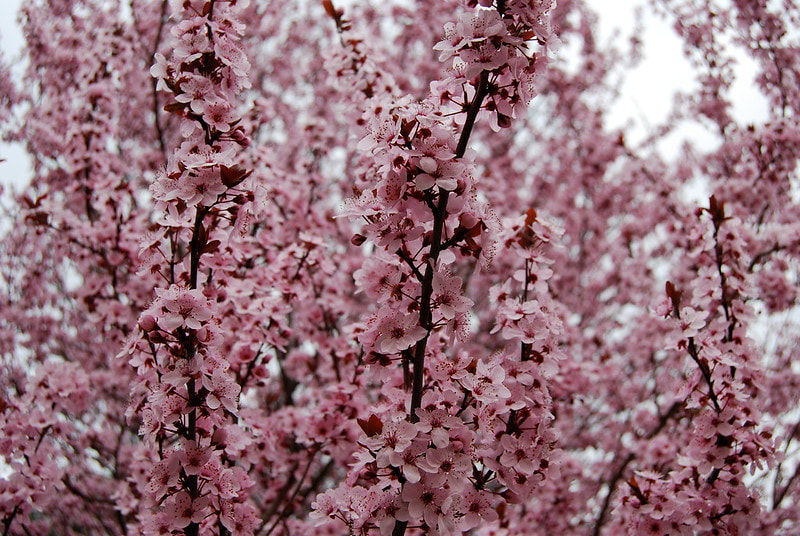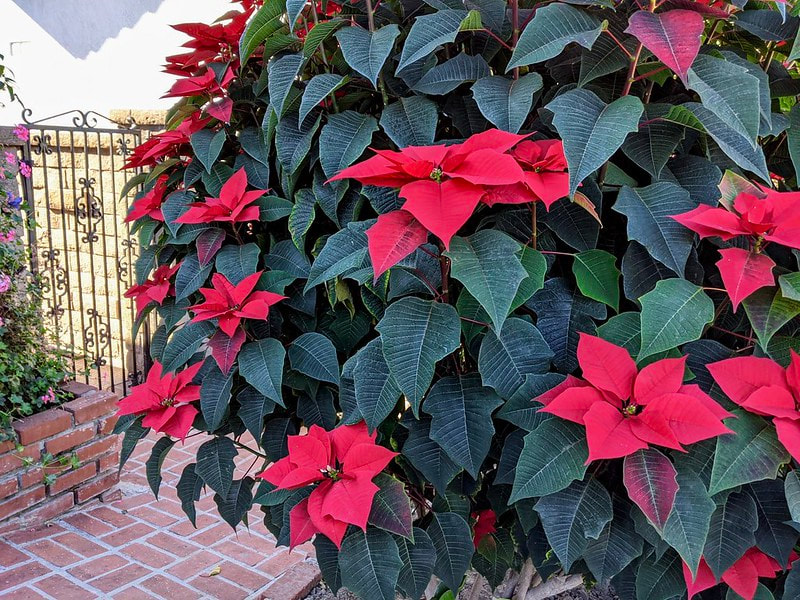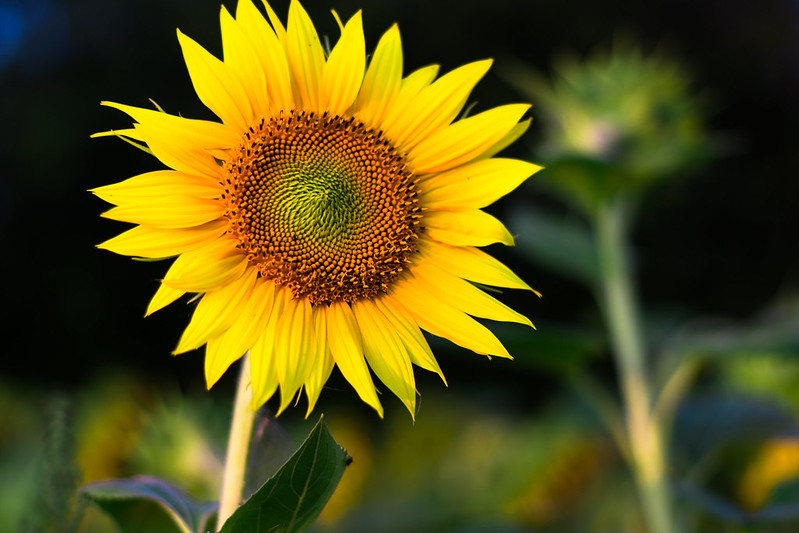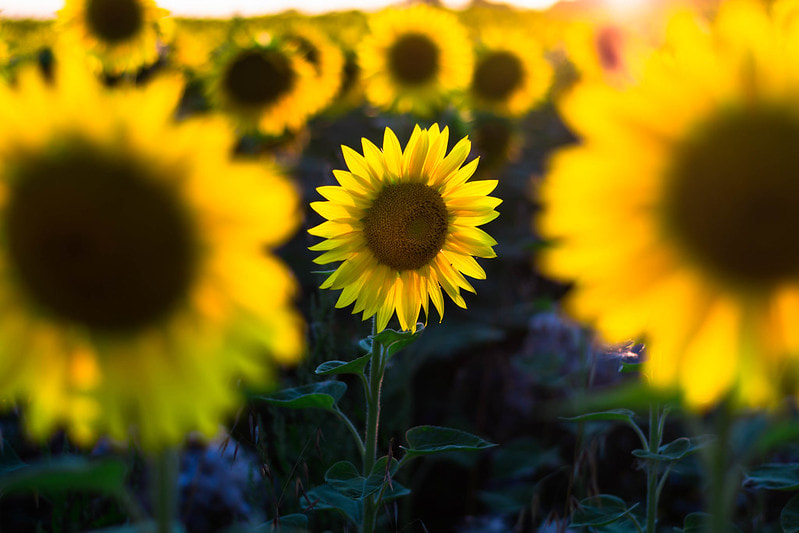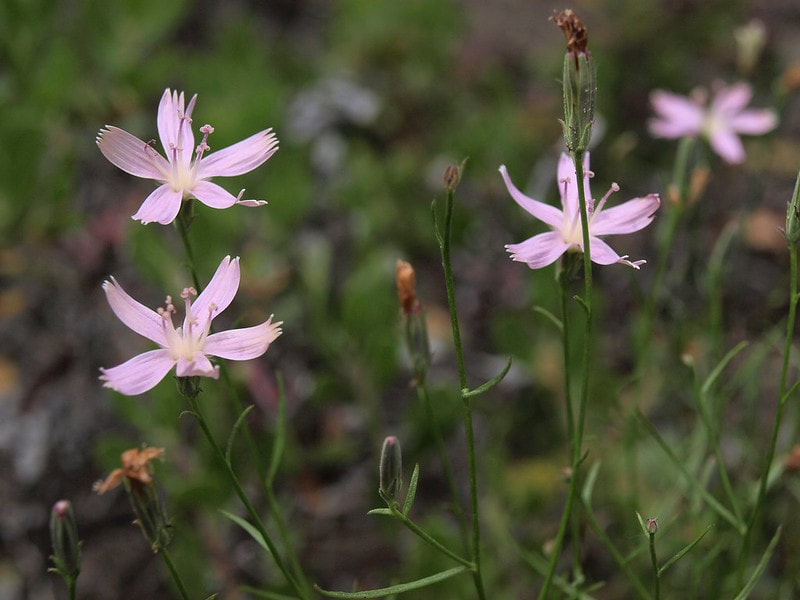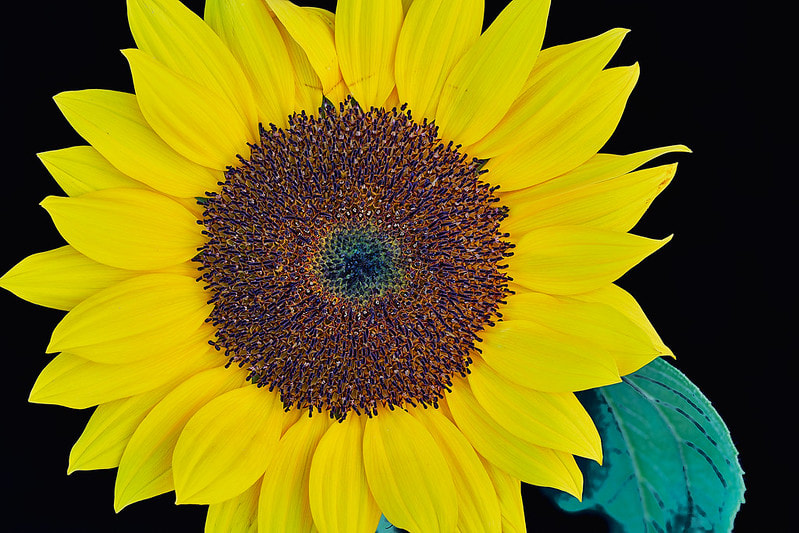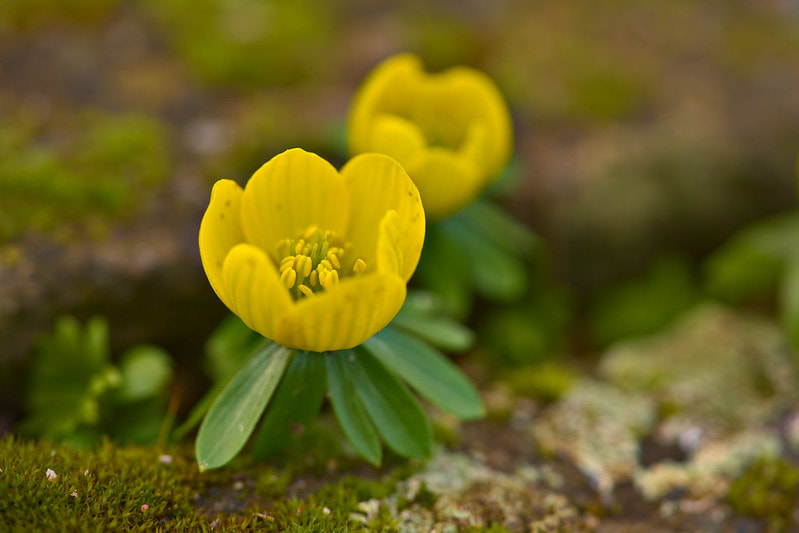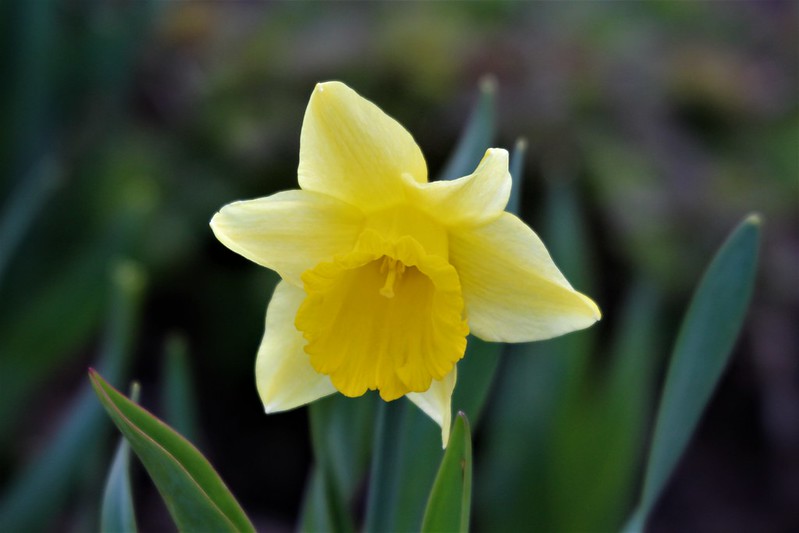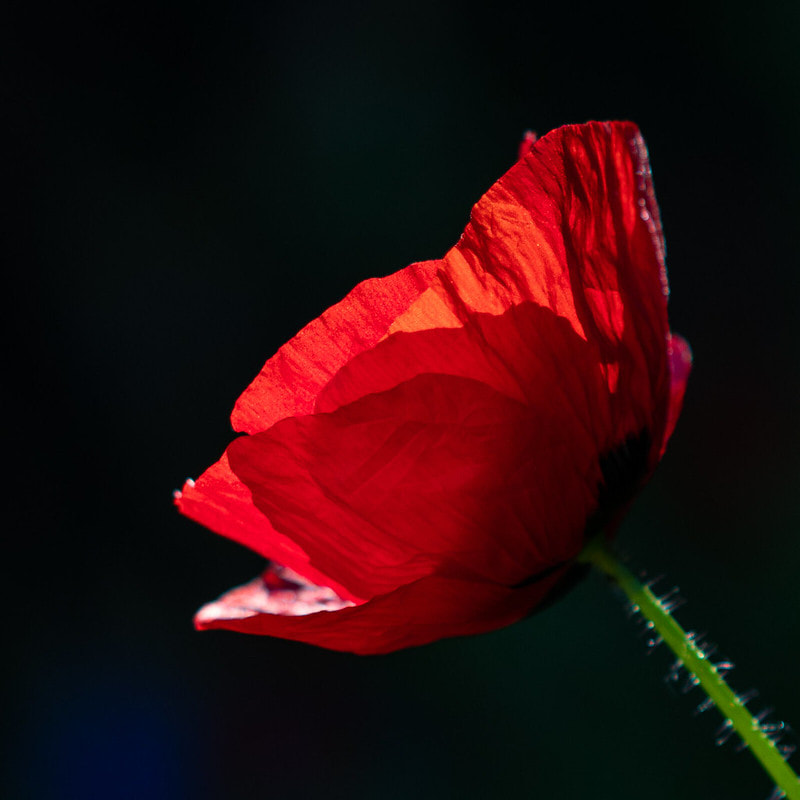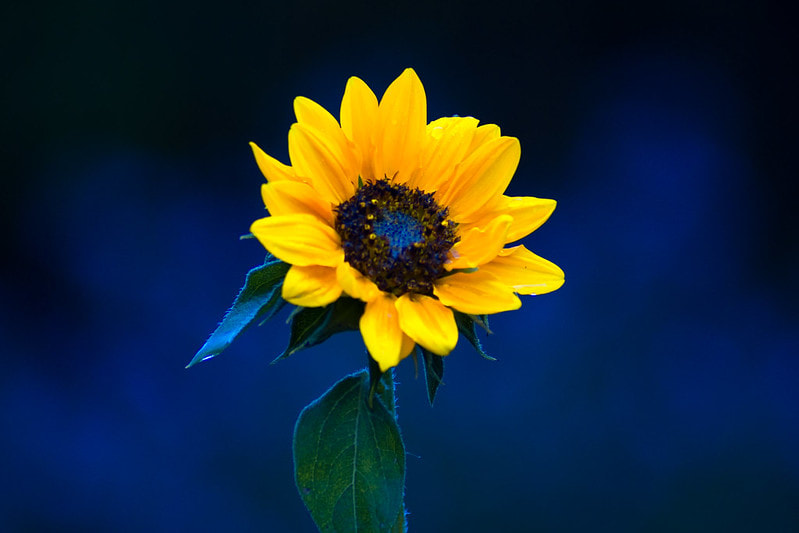All podcasts reposted from (and with gratitude to)
Podcasts |
Topics and Short SynopsesEpisode 52 “The Lord’s Prayer in a Time of Pandemic and Protest”
The Lord's Prayer has survived for nearly 2000 years for good reason. There has not been an age or condition that it has not brought comfort to, perhaps rivaled only by the 23rd Psalm. Of late, the prayer has become more of a personalized mantra. We have lost touch with its ability to transform society. In this and our next episode, Episode 51 “”The Politics of Pentecost"
Last week, we looked at the early church’s ability to transcend its centuries-held prejudices and generations of received beliefs and asked what the church of today could learn from this. Today, we ask the same question regarding the socio-economic situation as described in the Book of Acts and compare it with Christians’ attitudes in general today. Episode 50 “Pentecost in a Time of Pandemic”
Now, nearly 2000 years removed from the first Pentecost of the church age, we find it difficult to relate to early Christianity. Dr. Epperly finds many parallels with the early church and our day, particularly as we look at Pentecost, then and now.. Episode 49 “Hope in a Time of Pandemic”
Last week we looked a the many forms grief takes during this stressful time. It is real and it is punishing. But grief is not the last word. Even within the depths of our grief, hope beckons us forward. What is the basis of that hope? Dr. Epperly and I examine how an open future makes hope possible. Hope is grounded in God’s vision, undergirded by the loving presence of a God for whom the future is open, who has not determined what will be but nurtures our freedom and creativity to help enact a future in congruence with God’s vision. Hope provides no absolute guarantees, but is a pick and shovel virtue – creating along with God, first in our imagination, and then in our actions new realities. Episode 48 “Grief in a Time of Pandemic”
Last week we looked a the many forms grief takes during this stressful time. It is real and it is punishing. But grief is not the last word. Even within the depths of our grief, hope beckons us forward. What is the basis of that hope? Dr. Epperly and I examine how an open future makes hope possible. Hope is grounded in God’s vision, undergirded by the loving presence of a God for whom the future is open, who has not determined what will be but nurtures our freedom and creativity to help enact a future in congruence with God’s vision. Hope provides no absolute guarantees, but is a pick and shovel virtue – creating along with God, first in our imagination, and then in our actions new realities. Episode 47 “God Online”
Is there such a thing as the spirituality of social media? Do Christians have an obligation to behave a certain way on, say, Facebook? Or Snapchat? If so, what would a Christian ethic look like online? These and other questions take center stage as Dr. Epperly and I examine our online conversations and those of others we are compelled to engage. Episode 46 “God and Resurrection”
Christianity offers a transformed way of living; a way of living that takes away the pain of death. We die to ourselves in baptism and are "raised to walk in newness of life." In short, a resurrected life. In today's episode, Dr. Epperly and I explore what it means to live the resurrection" in our daily lives, especially when death is all around us and we begin to contemplate our own mortality. Episode 45 “Resurrection in a Time of Pandemic”
Death is all around us. The news reports often begin with the mounting death count in the world and our cities. By the time the news is over, the count is updated. We are increasingly made aware of friends and family who have been tested positive for the coronavirus, are hospitalized, or died. We wonder about the vulnerability of ourselves, and perhaps for the first time contemplate our own deaths. So, how do we celebrate resurrection in a time of pandemic? When Jesus' conception was announced to Mary, the angel began with, "Fear not!" when Jesus made a post-resurrection appearance to the disciples, he began with, "Fear not." Dr. Epperly examines how resurrection faith can move us from anxiety to fearless living today, in spite of the threat that is real and very much with us. Episode 44 “Holy Week in a Time of Pandemic”
As most of us are confined to our homes with only limited forays to necessary destinations, the lives we are so familiar with have been turned upside down. In today's episode, Dr. Epperly reflects on how much of what we are experiencing today parallels the week the disciples experienced leading up to the death and resurrection of Jesus and immediately following. One question arises as to the necessity of the cross. Did God mandate the cross and foreordain it? You will understand how the cross fits into the crises of our time Episode 43 “Spirituality in a Time of Pandemic”
Process theology lends itself to many spiritual practices that can help us navigate the coronavirus pandemic. Dr. Epperly looks at several of these, including Breathing….moving from the reptilian to the angelic, a wider perspective than fear, Centering…times of stillness, The gift of Sabbath, The gift of prayer for others, The gift of listening for wisdom, The gift of patience, The gift of service. He begins by noting that spirituality to be effective needs to be grounded in this world. An otherworldly spirituality, what I call Docetic spirituality, seldom addresses life on earth. Listen in… Episode 42 “Faith in a Time of Pandemic”
If the coronavirus teaches us anything it is the interconnectedness of our world. Nothing that happens is separated from anything else, though remote that separation may be. Add to this that God is present among all that is and that happens and you have Process theology in a nutshell. In today’s episode, we explore the implications of this in terms of how our interconnectedness can be of value or our destruction. Episode 41 - The Heart of Process Theology (Part Two)
The coronavirus's Corvid 19 demonstrates how interconnected our world is. This has been shown theoretically by the New Physics, and spiritually through Process philosophy. Human relationships with each other, the world, and the cosmos can be regarded as one massive ecosystem where "No [one or thing] is an island." This evolving understanding has important implications for how we live together in this world. In this episode, Dr. Epperly discusses the remaining six aspects of Process Theology that help us navigate in this interconnected world. Episode 40 - The Heart of Process Theology (Part One)
Dr. Epperly has identified twelve aspects of Process theology that make sense without resorting to technical philosophical terms. In this and the following episode, we examine each of these. I begin, however, by asking Bruce if Process has any wisdom as we confront the Corona virus. Episode 39 - Process for the People: Communicating Process Theology
To paraphrase G. K. Cherston, "Process theology has not been tried and found wanting; it has been found difficult and not tried." Dr. Epperly finds this as only partially true. It is difficult, but only if its kept in the philosopher's cloister. When its communicated in less academic terms it is amazingly simple and easily understood. In this episode, we discuss some of the complicating factors and show how they can more effectively be explained. In next week's episode, we break down the 12 major affirmations of Process into bite-size pieces. Episode 38 - Lent: A Process Vision
Lent is a time for introspection, repentance if you will. One way of understanding metanoia is letting the light in – pruning all that stands between us and God. I am the vine, you are the branches, connected to me, you will do great things; what stands in the way must be pruned and thrown in the fire. This is both personal and national – where are we standing in the way of God’s vision for us and those around us? Add to all this the unique Process perspective of God's power is not coercive, but redemptive, and we have a model for how using the Lenten practices can reshape the way we live in our world, and in so doing, help reshape the world. Episode 37 - Lincoln and the Better Angels of our Nature
We are not enemies, but friends. We must not be enemies. Though passion may have strained, it must not break our bonds of affection. The mystic chords of memory will swell when again touched, as surely they will be, by the better angels of our nature.” President Lincoln wrote this before the Civil War began in an effort to call all of the United States together as one nation. We cannot claim him as a proponent of Process theology, be we can consider many of his thoughts and actions as exemplifying what Process would have us believe and do. This is the subject matter of this episode. Episode 36 - Communicating Process Theology
Process theology, as with Christianity itself, is a way of life. In this episode, we look at various way that the ideals of Process work themselves out in daily living. How do we live in a world in which we have a relationship to everything in it? How do we live in a world in which everything is touched by God? Given that the future is open, our thoughts and actions help create the future. How do we discover what God has in mind for us and the world? Episode 35 - Sacraments: A Process Perspective
Process understands that God is present with everything in the universe, from the human being to the stone we toss into the pond. Given that God is already present in the Eucharistic bread and wine, in what way is God’s present amplified or understood? Is God more present in some areas and less so in others? How is God’s self made known more intimately in sacraments than elsewhere? Or is it? Episode 34 - The Weird Church
The early church was countercultural. In fact, it was the opposite of how the Roman Empire worked in the world. In other words, it was weird! Can we say this about today's church? What will it take to make the church, largely irrelevant to the Gen Xers and Millenials, vital again? Episode 33 - Ditch the Building
Recently, there has been a spate of books on radical reform of the church. One example is "Ditch the Building," by Nick May. He offers a radical program for reinventing the church beginning by leaving the building and the professional clergy class, preferring the organic approach of the early church. Episode 32 - Epiphany and God's Universal Revelation
Epiphany is the season of divine revelation. This episode examines the youth and baptism of Jesus, and the celebration of God’s presence in the broader universe, beyond the boundaries of Judaism and Christianity. Through the Magi we learn that God is revealed in the non-Christian world, that salvation is beyond the Christian world, the stranger has wisdom we need, as have other faiths. The word made flesh is everywhere… Episode 31 - The Tragic Beauty of Christmas
The teleology of the universe is aimed at beauty…we can see this in the galaxies, the stars, the snow falling – and in our love for each other. There is beauty all around us. Then there is the tragedy where the forces of evil threaten the beauty of life, the child is at risk, the reality of personal and institutional sin. Both the beauty and tragedy are in the Christmas story. Episode 30 - Advent and Incarnation
Christmas, devoid of commercialism, is about the incarnation. But, is it necessary to restrict the incarnation to Jesus? What about incarnation in the broader sense? In the process, Dr. Epperly and I discuss the implications of God in all things and people for incarnation and how extending the incarnation to ourselves makes us more like Jesus (or Jesus more like ourselves!). Episode 29 - A Celtic Christmas
Although the Celts no longer have a territory of their own, their influence continues in many areas including music and religion. Dr. Epperly gives us a short history of how Celts arrived in the British Isles and were converted by early Christian missionaries. He also relates how the Celts influenced the missionaries. They introduced a vigorous earthiness into the faith, one that concentrated on an incarnation of God in all things, making all things holy and discovering "thin places" where God's presence is palpable. Episode 28 - Mary's Song Needs Singers
We’re on the Advent trail with Mary the mother of Jesus this week. Mary is a formative figure not only for Advent but for understanding the purpose for which Jesus gave his life and we are called to emulate. As a woman, of the lower classes, oppressed by Rome and her own people, she speaks truth to power as few have. In the process, she gives us a glimpse of what God wants the world to look like, and what followers of Jesus are to do to help make this a reality. Advent can prepare us to take this vision and make it a reality. That is, if we join in the song Mary sings. Episode 27 - John the Baptist in Advent
We’re on the Advent trail with John the Baptist this week. John is a jarring figure. He upsets the complacency of his day. He is a good antidote for the widespread complacency of our day with the church seemingly impotent in the face of the existential problems facing us. Someone or something needs to shake us up and John the Baptist is the perfect candidate. Just as he called the people of his day to repent from their oppressive ways and join Jesus "on the way" to the coming realm of God, he can call us back to preparing the way of the Lord. Episode 26 - Advent in Process Thought (soon to be available)
It is well-recognized that Advent and Christmas have both been eclipsed by consumerism in the developed nations…the spiritual traditions have been eclipsed by buying, gifting, and partying. While these are not bad in and of themselves and may even awaken us to a deeper spirit and sense of connection, there is more to Advent and Christmas. Advent is the beginning of the church year for a reason. It helps reorient ourselves to God's world. It's a season of surprise and adventure, often overlooked in the busyness of Christmas What are we missing when we downgrade or even overlook Advent? What can it teach us about our place in God's world? I begin by asking Dr. Epperly, "You've described Advent as a season of Divine Restlessness. How about filling that out for us. Episode 25 - The Politics of Creativity and Beauty
Process thought can add a dimension to the discussion of beauty, especially as it pertains to creativity. To quote Dr. Epperly, “Creativity is a synthesis of the past with the present moment guided toward the future.” We unpack this looking to how beauty romantically conceived leaves out the reality of the present crisis that must be included to be effectual. One might say this kind of beauty leads to a politics of hope. Episode 24 - The Politics of Creativity and World Loyalty
Politics is all about the interplay of power among people. Power is inevitable - Wherever there are relationships, there are political decisions…relationships can be coercive and unilateral, they can also be collaborative and mutual. Power dynamics can cure or kill, stunt or empower. Process theology charts a politics of ubuntu, "I am because of you" – grounded in the intricate interdependence of life. Process politics recognizes that everyone is touched by the holy, has inherent value, and has the ability to shape communities – in other words, is a political agent— for good or for ill. Today, we discuss how to shape community with process values that produce beauty and wellbeing for all. Episode 23 - Top-down Hierarchies
Top-down hierarchies, whether they are governmental or social, are based on power. One can say the abuse of power. What would the world look like if power relationships were relational and non-coercive? The more I’ve studied process theology, the more I’m convinced that Western-style individualism, that is, that the individual is the highest form of culture, is actually the greatest inhibitor of human thriving and well-being. Dr. Epperly and I examine this proposition. Episode 22 - How our Images of God shape our Politics
When we say God and country, we are not far off the track. Every vision of God, every theological perspective, has political implications – how we view God can shape our understanding of power, history, economics, decision making, and diversity. God is the ultimate model of creative power, the power of the universe, the ultimate reality and our visions of God are often decisive in how we address the key issues of our time. While process theology does not suggest a particular political viewpoint, its vision of God and the world can help us identify where the moral arc of the universe is and gives us guidance for how to align ourselves with God’s vision. Episode 20 - What the Hell?
Just as we discovered in our episode on Heaven, the biblical notion of hell is shrouded in metaphors and allegories. It’s not even clear if those seemingly destined to it will be there for eternity, or if ultimately hell will be a place for redemption. The emphasis throughout is on God’s love as the inexhaustible source of redemption and reconciliation, not only of humanity but the cosmos as well. Will all be saved? If so, what’s the purpose of hell, if any? We also spend some time looking at how the idea of hell is used in ways unbecoming of Good News. Episode 19 - Heaven and the Afterlife
The Bible is not very concrete in its discussions about the afterlife. We have to deal mostly with metaphors and allegories. Perhaps the only straightforward declaration is “There will be no marriage or giving of marriage in heaven.” This means we don’t have much to go on except that it is clear that there will be an afterlife. You will note that pinning down its precise nature is elusive and probably beyond human comprehension. Yet there are clues, and we go into them. I ask Dr. Epperly where he begins to think about all this. Episode 18 - Is Salvation Inclusive for All?
The idea in Process thought that God is in all things, including all people, and all things are in God, suggests that the fate of the universe is shared by all. So if there is salvation, it must be universal. This week we discuss salvation as wholeness–that what may have been broken in our lives is restored to completeness. This is likely a process that continues after death, as you will hear in this episode. Dr. Epperly is convinced that the presence of God will never depart no matter how far a prodigal may stray. The “Hound of Heaven” will ultimately catch its prey. Episode 17 - Salvation of the Individual
In this episode, I ask Dr. Epperly if he’s “saved.” The ensuing conversation covers how we imagine the afterlife, and can it have this-worldly consequences? Is survival after death the most important thing in life, or is this life our calling, with survival after death a lesser motivation? Is our survival individual and grounded in one particular religion, or is it relational and potentially universal? Does the fear of hell square well with a God of love? Episode 16- What is Salvation?
This podcast is the first of several we are devoting to the meaning of salvation. This separates many Christian communities today, even as it has throughout the millennia. It also determines our politics. How we look at who’s in and who’s out forms our basic outlook toward the world. Conservatives see salvation as an individual concern, often placing major emphasis on the life to come. Others, such as Dr. Epperly and myself, find salvation to be much more inclusive and holistic. We see the biblical understanding to be weighted in favor of life in the “here and now”, more than what may be beyond this life. This episode looks into the implications of each understanding. Episode 15- The Mystic within Us
Mystics are often misunderstood. They are thought to be otherworldly and not suited for normal life, loners and outliers. Dr. Epperly would like to change that attitude and replace it with the realization that all people are mystics in varying degrees and can gain great advantage in the world by deepening that realization. Process thought can aid us in this by recognizing that since God dwells in everyone and everything, the ability to discern God in all thing draws us closer to God and one another. So a mystic is one who is tuned into God’s presence and this is available to every person who desired this. Dr. Epperly discusses some of the ways we can deepen the mystic within us, and you may be surprised at how simple this can be. Gerald May’s approach is to pause, notice, open oneself, yield, respond. It’s as simple as that, but can be a lifetime investment as well. Episode 14- The Spirituality of Decluttering
We in American and in the West, generally, count a successful life as described in the bumper sticker, “The one with the most toys wins.” Accumulating the best and the most is our preoccupation in life. As Dr. Epperly explains, this leads to a stunted soul and the very opposite of the good life God desires for us. In this episode, we look at the signs of an over-cluttered life, the toll it takes on us and on the world, and what we might do to live a decluttered life. “Less is more,” becomes more than a slogan and certainly preferable to the amassing of toys. Episode 13- Process and Hope
Our episode on Process and Ecology examined the reality that the world is in serious trouble. The reality of the increasing danger of ecological disaster seems to be falling on deaf ears where it is most necessary to be heard. This can lead to hopelessness. In this episode, we discuss what Process Theology has to counter hopelessness and discover much there. Please add to our conversation by including your thoughts in our comments section. Episode 12 - Process and the Ecological Crisis
The world is waking up to the ecological disaster of global warming on the immediate horizon, but is it too late? Conservative Christians seem to think that it’s a non-issue since the world is to be destroyed anyway, and politicians care more about pleasing their corporate donors than clamping down on industries that are the main offenders. In this episode, Dr. Epperly and I look at the root causes of conservative theological opposition and offer solutions from the perspective of Process Theology. Episode 11 “Pluralism and Domestic Terrorism” The recent events of domestic terrorism in El Paso, Texas, and Dayton, Ohio bring important questions to the fore: What divides people today and why? And more urgently, what can be done to bring people together? Does Process Theology hold any insights that may help us answer these questions? Episode 10 - “The Power of Affirmative Faith” Process affirms that we live in a world that is shaped not only by God but by humans as well. And that is for good or for ill. Dr. Epperly shows how our thoughts and affirmations become tipping points that lead us either into a healthy world or away from one. Episode 9 - “Does Prayer Make a Difference?” Most everyone who prays believes that “prayer makes a difference.” Just how that is the case is the subject of this week’s episode. Dr. Epperly analyses the healing passages in Mark and finds that “faith” as a source is more than meets the eye. Episode 8 - “The Future of Process Theology” Although Process thought has been around for centuries (it might even claim as far back as Heraclitus), it isn’t until the 20th century that it came into its own. Since then it has captured the imagination of theologians, professors. and pastors, including Dr. Bruce Epperly . who happens to be all three! Episode 7 - “How Ruth’s Experience Parallels Our Struggle with Emigration” The travails of a Moabite widow, Ruth, from her status as a foreigner and lower-class woman to the great-grandmother of King David, parallel much of what is happening on America’s southern border. Episode 6 - “The Lord’s Prayer and the 4th of July” Parrt 2 As we just observed the celebration of our nation’s birthday, it’s good to reflect on what God expects of a people and a nation. On this, our final episode on the Lord’s Prayer, Dr. Epperly and I discuss the remaining petitions, beginning with “…your kingdom come, your will be done on earth as it is … Episode 5 - The Lord's Prayer and the Fourth of July America is focusing on Independence Day this week. Given that the world is bounded by a relational and wholly connected God, not just to Christians, but to all people, Dr. Epperly and I are wondering how the world would look if Christians understood the Lord’s Prayer as a vehicle that can transform the world. Episode 6 - In Partnership with God The creation account in Genesis is very clear that God, through Adam (the representative human being), calls humanity into partnership with God. The primary task for this partnership is to maintain the “very good” order of God’s creation. Episode 3 - The Three O's and Prayer How our view of God, informed by a revised understanding of Omnipresence, Omniscience, and Omnipotence, shapes how we pray and for what we pray. Episode 2 - How Our View of God Shapes Our Life This week’s episode asks how our view of God determines how we live in our world. The traditional views of Omnipotence, Omniscience, and Omnipresence are examined and found inadequate. Dr. Epperly suggests ways that we can see them differently and more personally. Episode 1 - Faith on the Edge -- of What? Introducing the “Faith on the Edge” Podcast“The Bible: Navigating the Distance between Then and Now” This purpose of our podcasts is very simple. We want to join with other progressive Christians in formulating a faith for today’s church that is as viable in our time as was the church in earlier days. |
